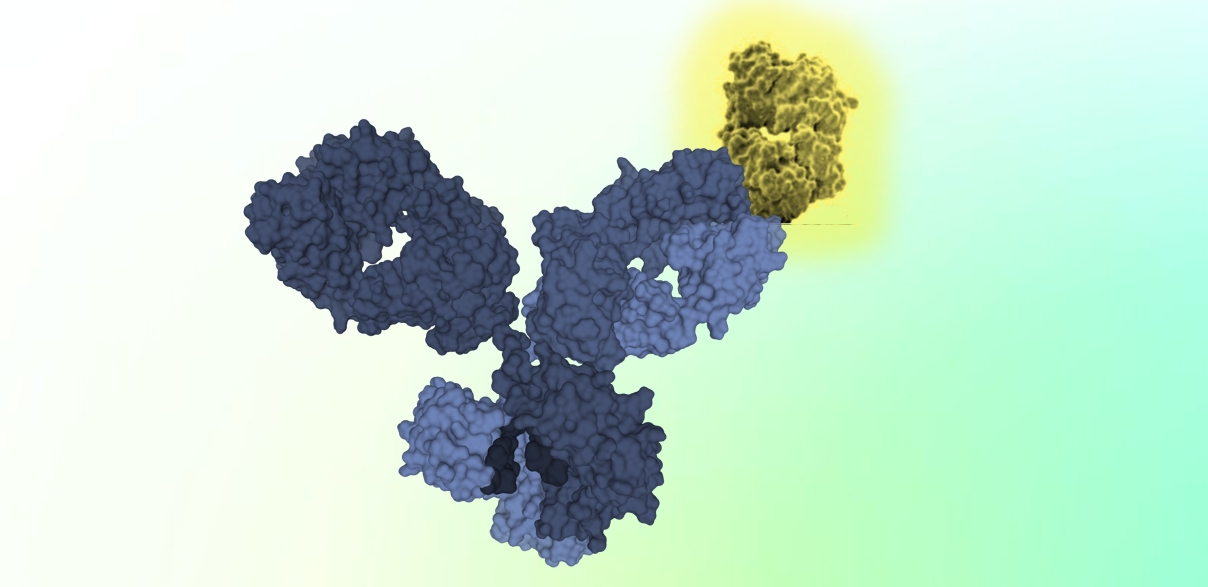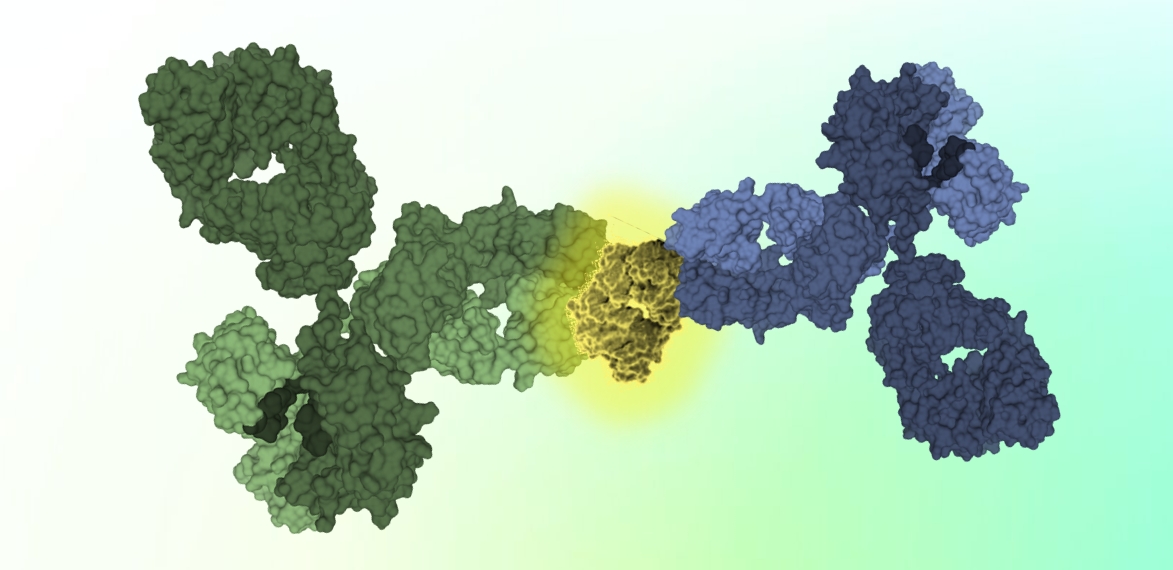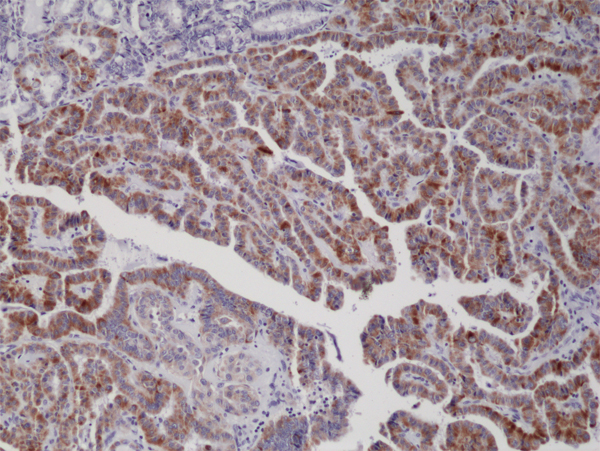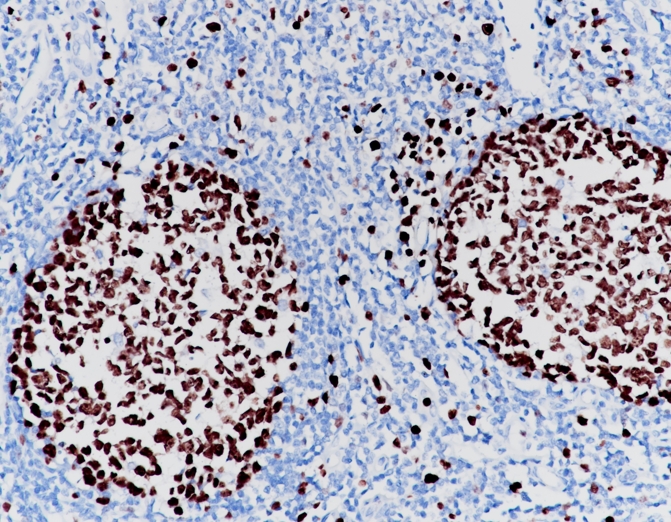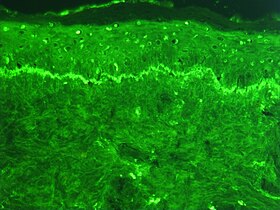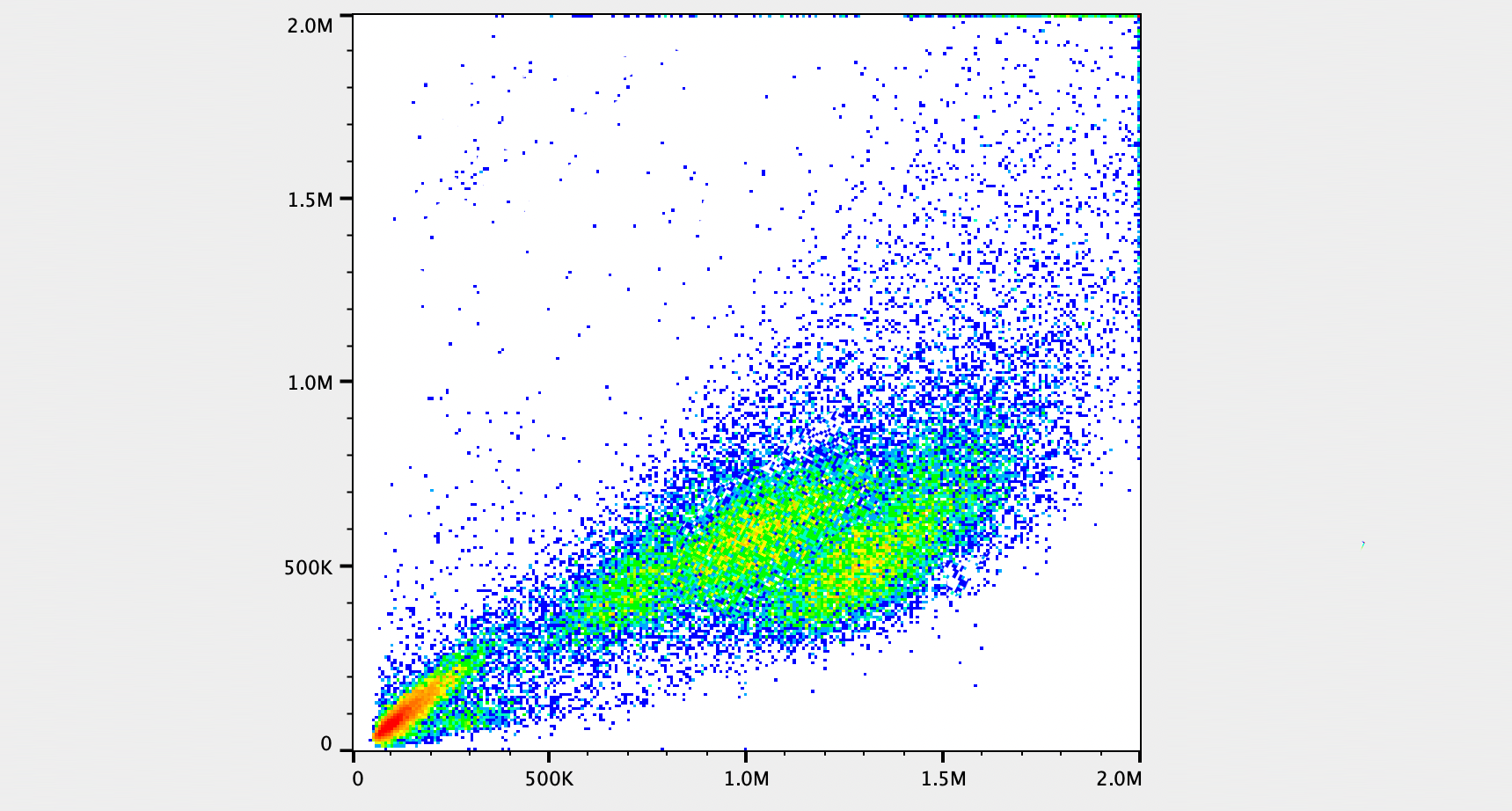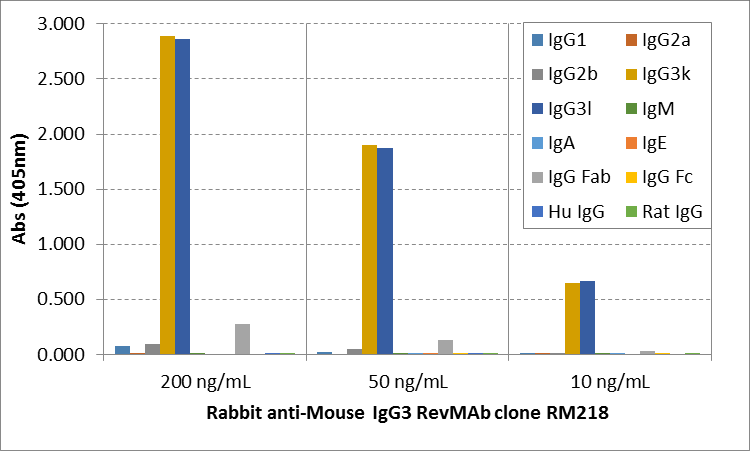Antibodies
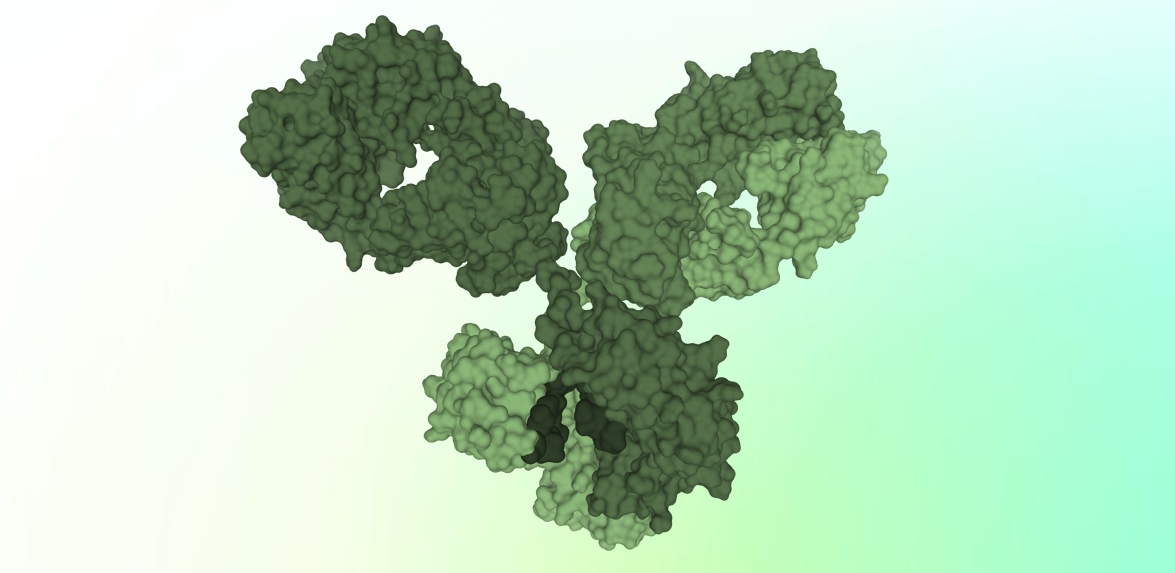
An antibody, or immunoglobulin, is a Y-shaped protein in the immune system that identifies and neutralizes antigens like bacteria and viruses. Each antibody can recognize specific antigens, which trigger the production of antigen-specific antibodies. The tips of the "Y" contain paratopes that bind precisely to epitopes on antigens, allowing antibodies to either tag harmful microbes for attack or neutralize them directly by blocking vital functions, such as viral invasion.
Read more about
 Product Type
Product Type
 Product List
Product List
Antibodies: Function and Mechanism
Antibodies (immunoglobulins) are Y-shaped proteins used by the immune system to identify and neutralize pathogens like bacteria and viruses. Each antibody binds to a specific antigen, tagging it for neutralization or destruction. AREX provides high-quality antibodies for use in detecting and studying these immune responses across various research fields.Classes and Functions of Antibodies
Antibodies are categorized into five main classes: IgA, IgD, IgE, IgG, and IgM. Each class triggers different immune functions and is distributed in specific body areas during various immune stages. For instance, IgG is the most common antibody, playing a critical role in long-term immunity. AREX offers antibodies tailored for different experimental needs.Role in Adaptive Immunity
Antibodies are crucial to the adaptive immune system, providing specificity and immunological memory. They work by recognizing antigens, and during immune responses, B cells differentiate into antibody-secreting plasma cells or memory B cells. AREX supports research into these immune mechanisms with validated antibody products.Antibodies in Vaccines and Infections
Antibodies are central to the protection provided by vaccines, helping prevent infections by producing long-lived plasma cells. Memory B cells allow the immune system to respond to evolving pathogens. AREX supplies antibodies for vaccine development and infectious disease research, enabling innovative approaches to immune protection. Popular Products
Popular Products
 Related Application
Related Application
 New Products
New Products





